Resource Type: Toolkit/Guide/Handbook

NEW!
Evaluating the Effectiveness of the National Oncology Navigation Acuity Tool: Insights From a Multisite Quality Initiative

Resources Addressing Food Insecurity
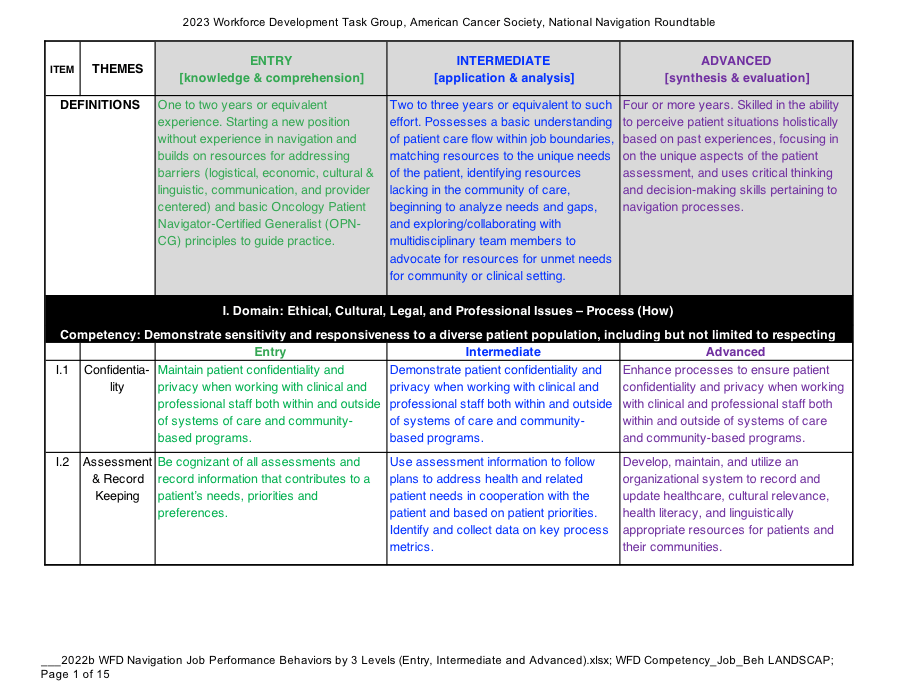
Patient Navigation Job Roles by Levels of Experience: Workforce Development Task Group, National Navigation Roundtable

Guide to Community Preventive Services
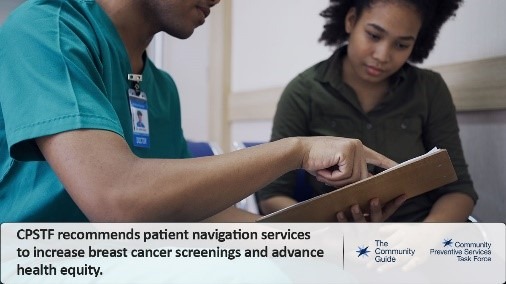
Cancer Screening: Patient Navigation Services to Increase Breast Cancer Screening and Advance Health Equity
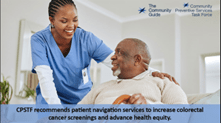
Cancer Screening: Patient Navigation Services to Increase Cervical Cancer Screening and Advance Health Equity

Evaluating Sustainability of Patient Navigation Programs in Oncology by Length of Existence, Funding, and Payment Model Participation
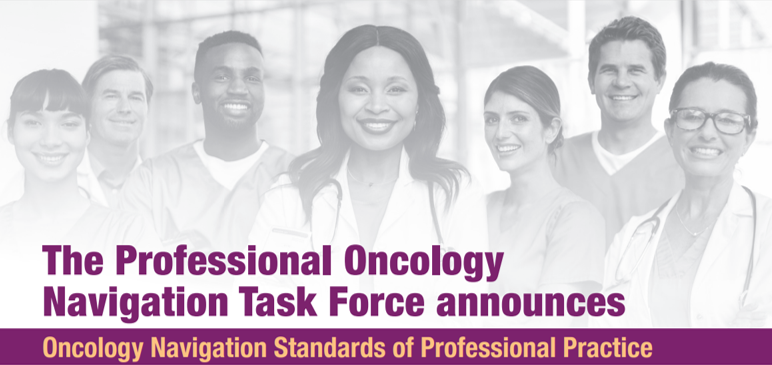
Oncology Navigation Standards of Professional Practice
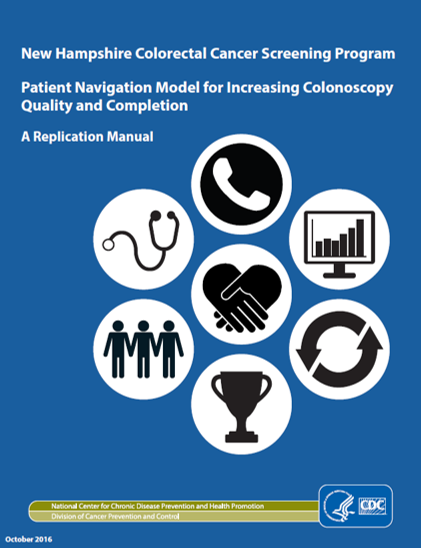
New Hampshire Colorectal Cancer Screening Program
